
Associate Professor Nick Bainton
Read more
Nick’s current research is focussed on one of the greatest governance challenges of our time: the impacts of supplying the raw materials needed for global energy transitions under already existing conditions of climate change. His most recent book deals with the persistent absence of the state around extractive projects: The Absent Presence of the State in Large-Scale Resource Extraction Projects. In a past life, he spent 7 years working in the mining industry, and this unique insider perspective now informs his critical scholarship.
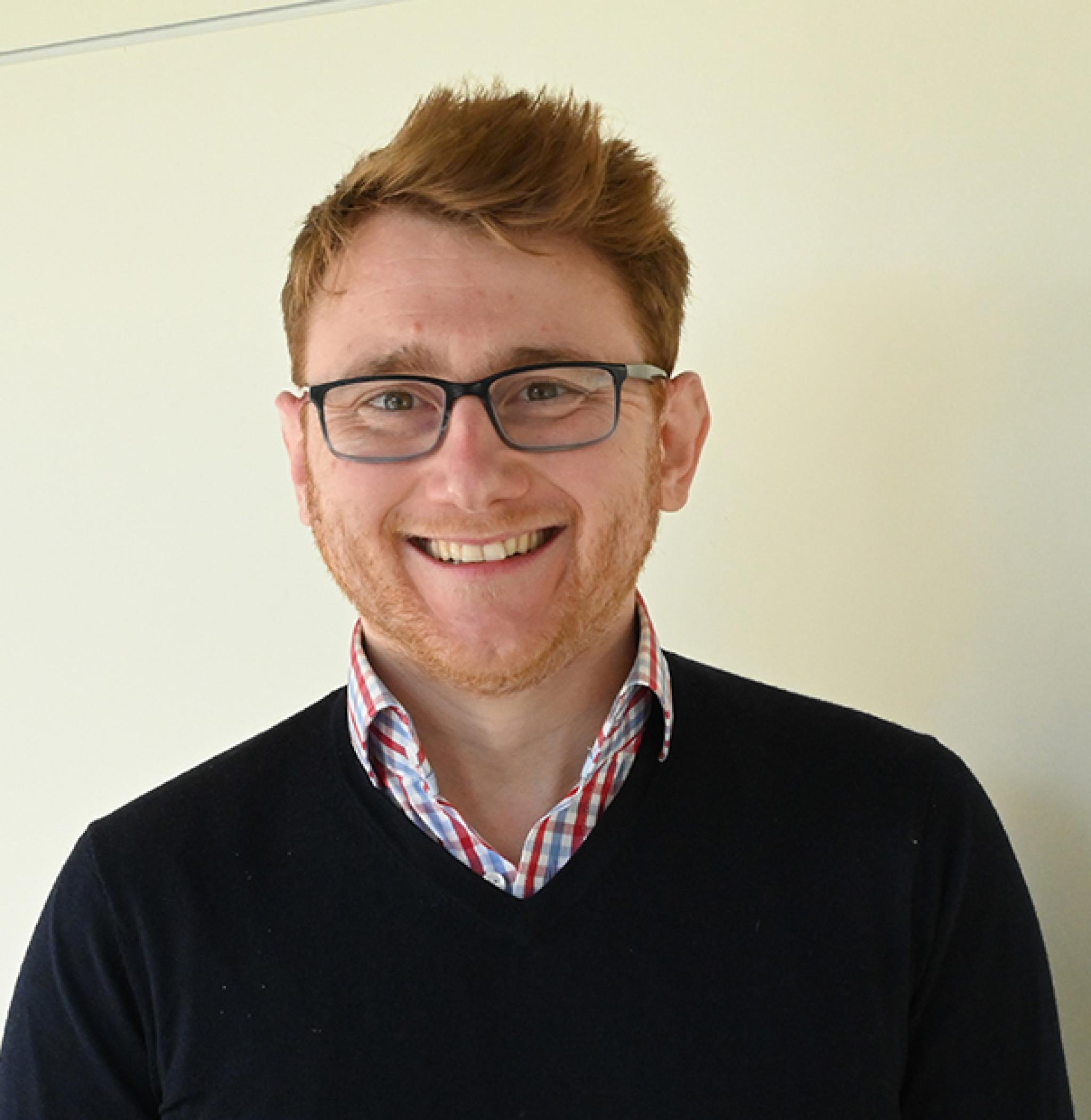
Associate Professor Jarrett Blaustein
Read more
Jarrett has also written extensively on the topic of global crime governance and his most recent book Unraveling the Crime Development Nexus (as lead author) explores how successive international attempts to govern crime through multilateral institutions and organisations have served to reproduce the interests of global capital since the 19th Century. He has also published in several leading journals including the British Journal of Criminology, the International Journal of Drug Policy, Policing & Society, and Theoretical Criminology.
Research Interests:
- Policing
- Resilience and climate adaptation
- Global crime governance
- Policy transfer/mobilities
- Law and order politics

Professor Christian Downie
Read more
Research interests
- International Relations
- Environmental Politics
Available student projects
I am always eager to hear from Masters and PhD students who have an interest in working on projects in the following areas:
- Global energy policy
- Global climate change policy
- US energy policy
- The G20
- Business actors and clean energy transitions
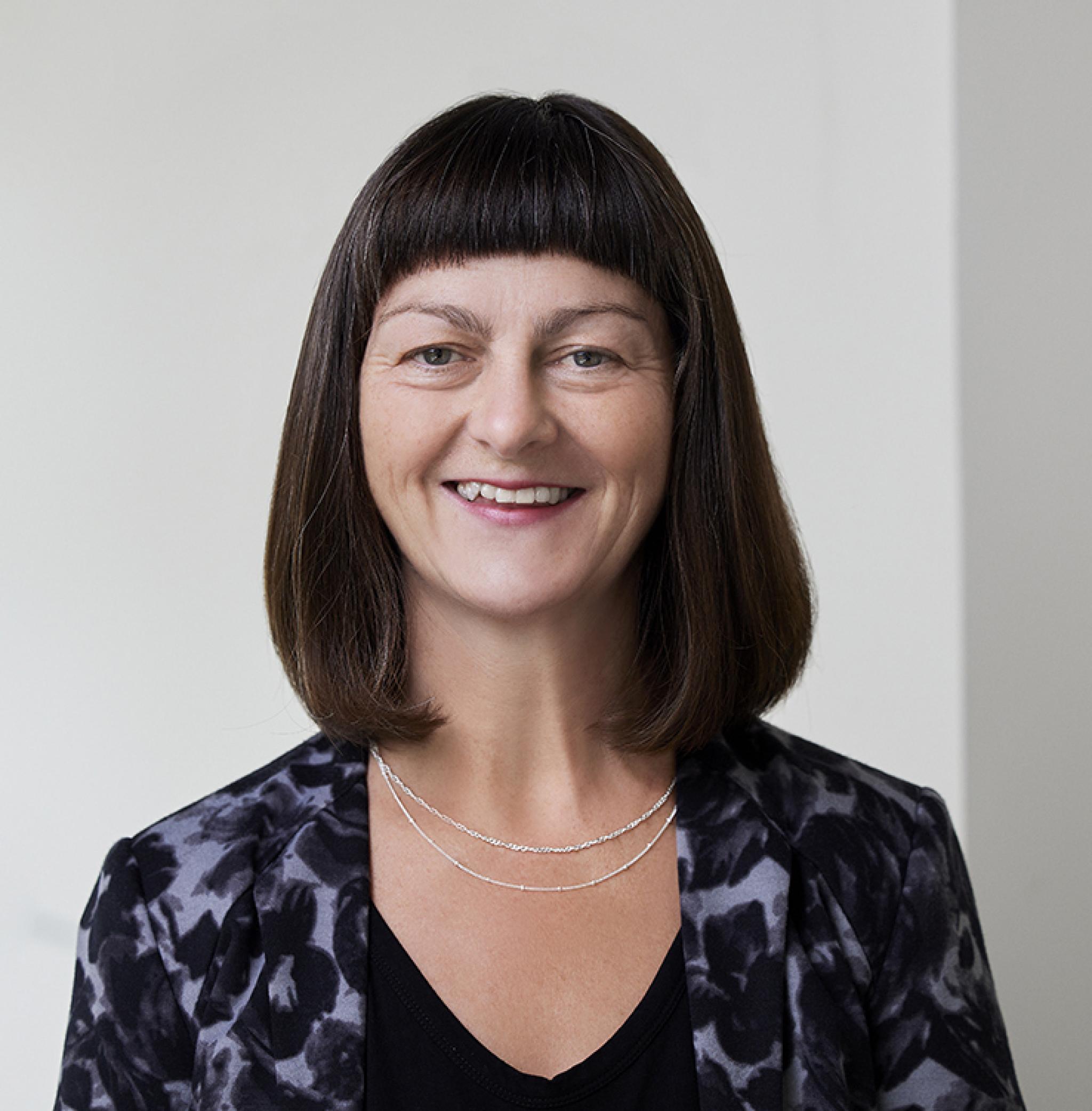
Professor Sharon Friel
Read more
She is considered one of the foremost researchers internationally in the social determinants of health, and was nominated in 2014 by her international peers as one of the world’s most influential female leaders in global health. Sharon’s interests are in the governance and regulatory processes related to the structural factors affecting health inequities, including trade and investment; urbanisation; food systems and climate change.
Sharon is Co-Director of the five year NHMRC Centre for Research Excellence in the Social Determinants of Health Equity and chief investigator on several other current major research collaborations in policy and governance issues associated with health inequities.
In 2010 she was awarded an inaugural Australian Research Council Future Fellowship to investigate the interface between climate change, social determinants and health equity. Between 2005 and 2008 she was the Head of the Scientific Secretariat (University College London) of the World Health Organisation Commission on Social Determinants of Health.
Research interests: Governance and regulation as it relates to health equity; social determinants of health; health inequalities; global health; food systems; climate change; and public policy processes and health equity
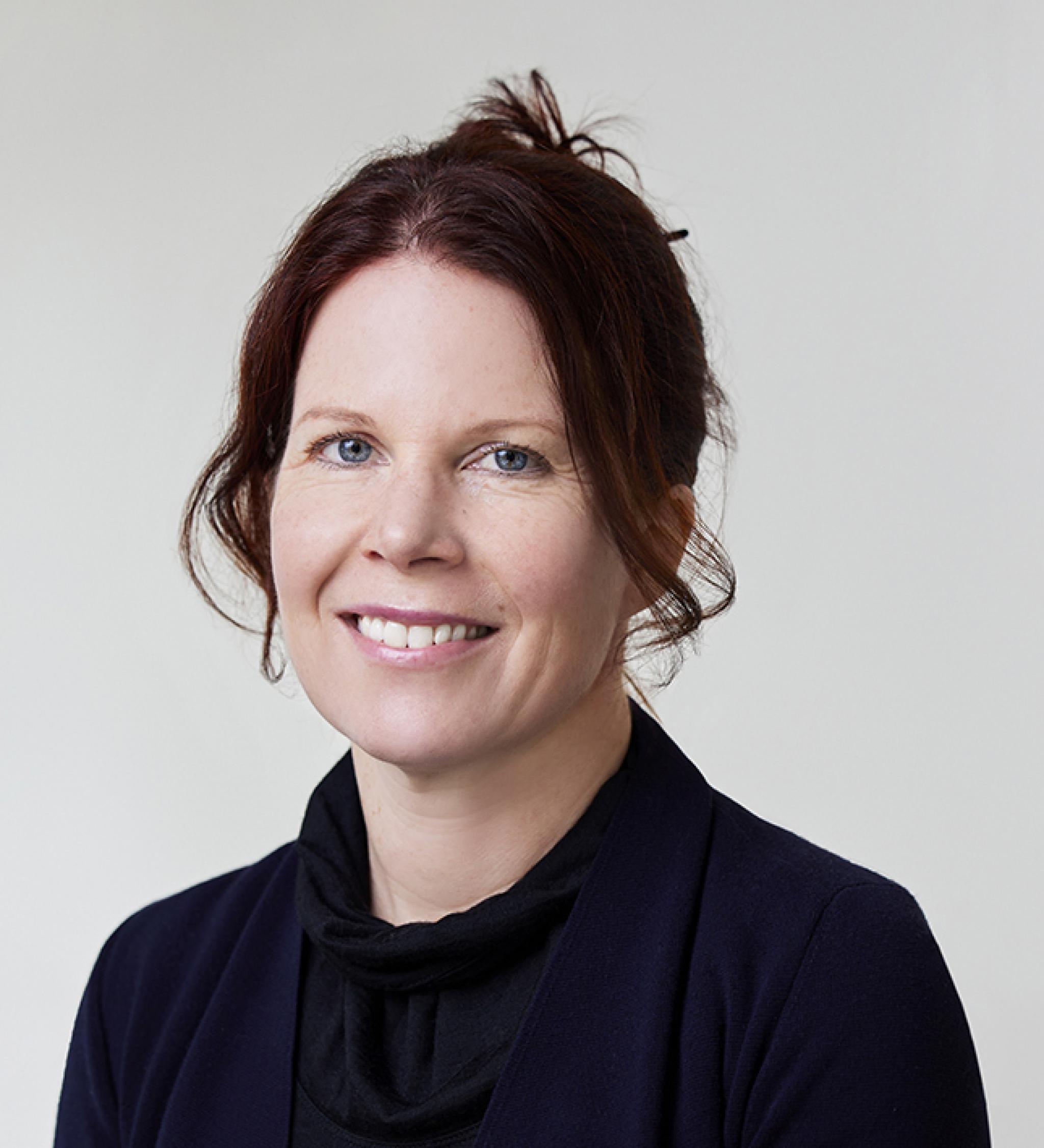
Professor Miranda Forsyth
Read more
The central analytical question animating Miranda’s scholarship is how people’s diverse justice needs can best be met in contexts of multiple legal and normative orders. Her geographical focus has been primarily in the Pacific Islands region, particularly Vanuatu and Papua New Guinea. Previous projects include the relationships between state and customary justice in Vanuatu and a pluralistic approach to the regulation of intellectual property in the Pacific Islands.
Current research projects focussing on the Pacific include the potential of Restorative Justice for the Pacific islands region, particularly in relation to gender based violence; the promise and challenges of Community Rule-Making as regulatory innovation; and a multi-year project on overcoming sorcery accusation related violence in Papua New Guinea. Miranda is also working on the development of a new agenda for Environmental Restorative Justice in both Australia and internationally.
Miranda draws creatively upon theories and methodological approaches from the disciplines of law, anthropology and criminology to interrogate these issues, working in close partnerships with Pacific islands researchers and research institutions.
Research interests
- Legal pluralism
- Law and society
- Legal anthropology
- Restorative justice
- Crime and violence
- Government and politics of Asia and the Pacific
- Intellectual property law
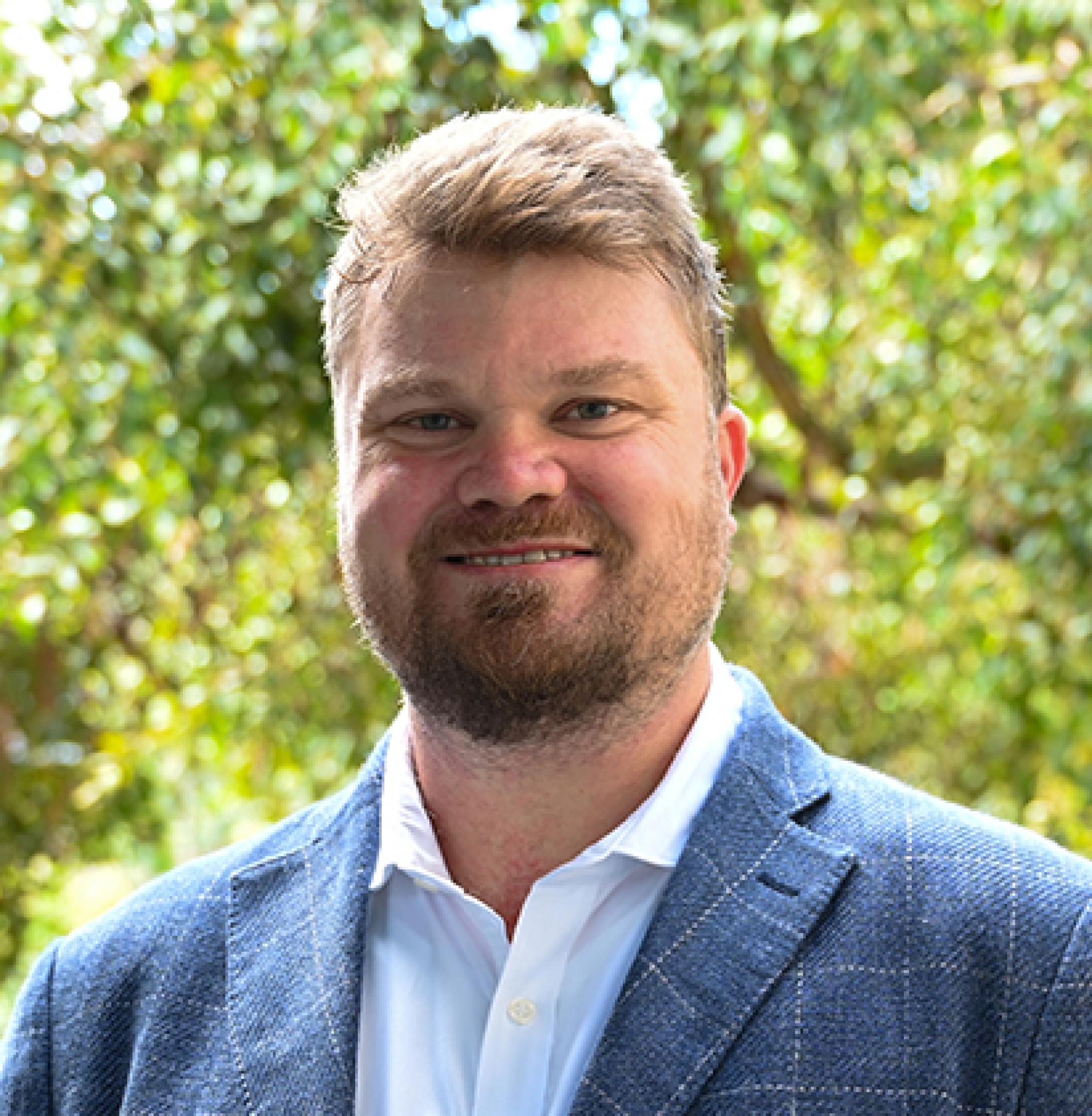
Professor Alan Gamlen
Read more
In 2010-2020 he was Founding Editor-in-Chief of the journal Migration Studies (Oxford University Press). In 2016-17 he was Director of the Australian Population and Migration Research Centre. He advises many migration-related international organizations, governments, service providers, and NGOs. He is currently an Australian Research Council Future Fellow and a member of the ARC College of Experts.
Research interests:
-
Human migration and mobility
-
Geopolitics, economics and security
-
Global governance and regulatory institutions
-
Health equity and well-being
-
Climate change and energy transitions
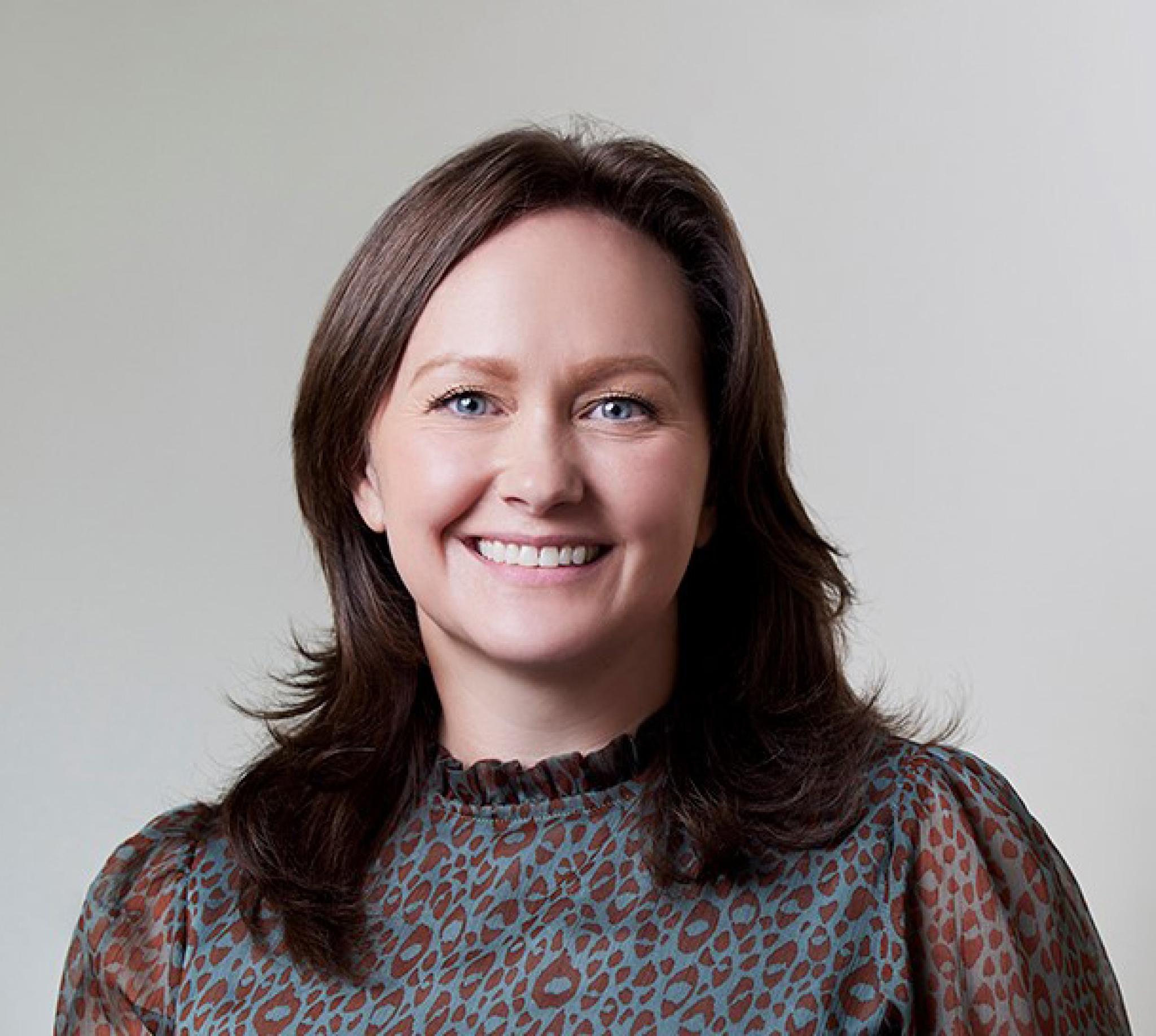
Professor Kathryn Henne
Read more
Before commencing as RegNet's Director, she held the Canada Research Chair in Biogovernance, Law and Society at the University of Waterloo, where she was also a Fellow of the Balsillie School of International Affairs. Her research spans diverse areas, including automated decision-making, criminalisation, data governance, gender-specific regulation, human enhancement, injury, regulatory science and surveillance.
Research interests
- Crime, law and society
- Critical health studies
- Intersecting inequalities
- Experiences of regulation and governance
- Science and technology studies
- Surveillance
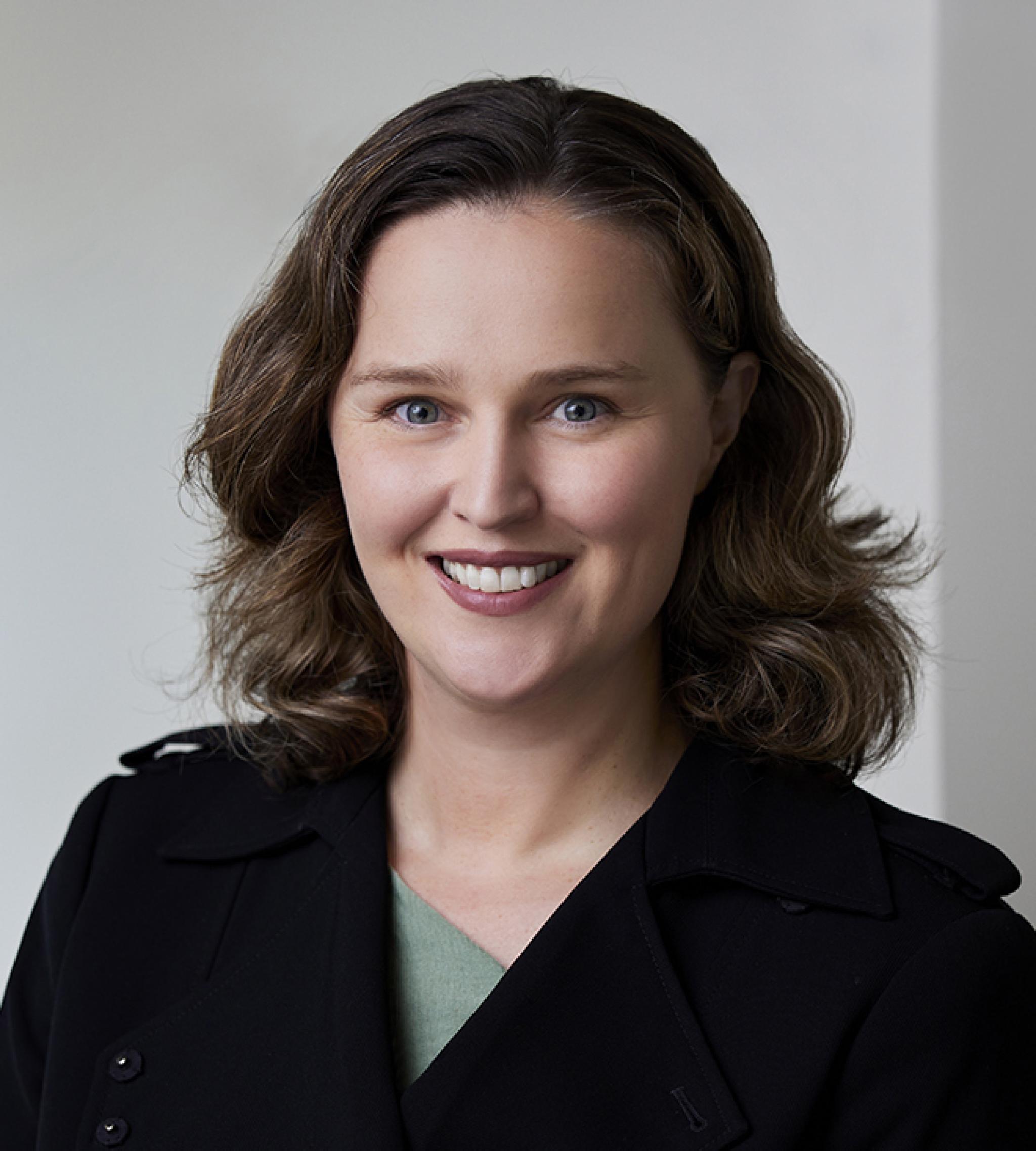
Professor Anthea Roberts
Read more
She is currently a Visiting Professor at Harvard Law School and formerly taught at the London School of Economics, Columbia Law School and Harvard Law School.
In 2019, the League of Scholars named Anthea the world’s leading international law scholar and Australia’s leading law scholar. Her new book Six Faces of Globalization: Who Wins, Who Loses, and Why it Matters (co-authored with Nicolas Lamp) with Harvard University Press was listed as one of the Best Books of the Year by the Financial Times and Fortune Magazine. Anthea’s first book Is International Law International? (2017) won numerous prizes, including the American Society of International Law’s Book Prize, and was Oxford University Press’s top-selling law monograph worldwide in 2017-2018.

Associate Professor Ashley Schram
Read more
Her programme of work is focused on qualitative enquiry into how actors, ideas, rules, norms, and power dynamics shape public policy and private actor practices in ways that stratify society and produce health inequities. Her research also has a substantial focus on advancing theory-informed, critical public policy evaluation.
Available student projects
Ashely is always eager to hear from potential PhD students who have an interest in working on projects in the following areas:
- the production of structural inequities and the maldistribution of socioeconomic advantage;
- food systems governance (e.g., finance, investment, AgTech);
- investment policy and practice in Australia and the Asia-Pacific;
- impact investment and other social financing (e.g., social impact bonds)
